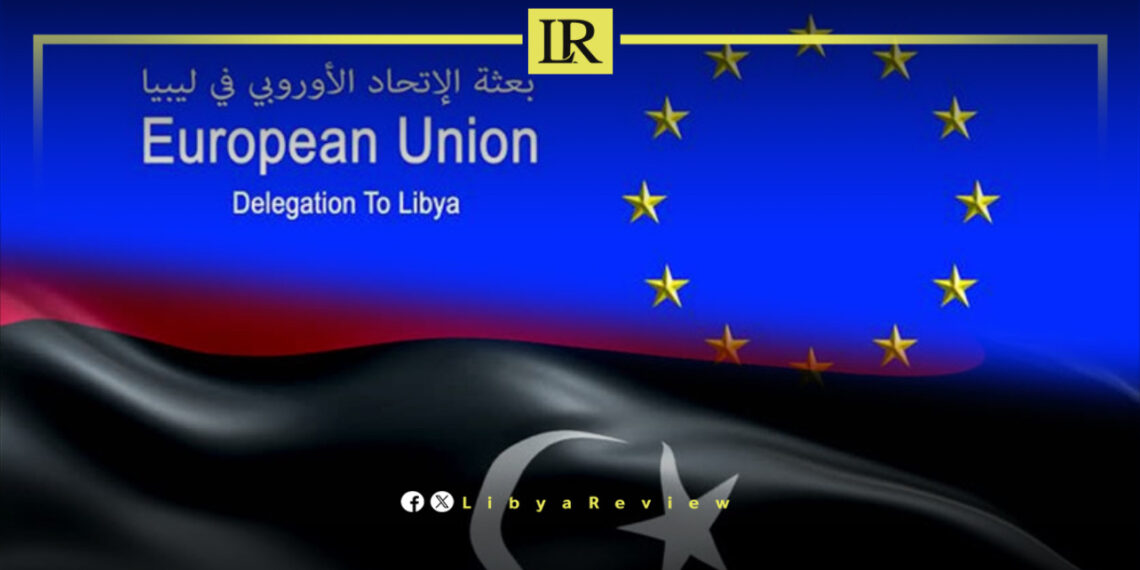The European Union (EU) has renewed its commitment to strengthening Libya’s security sector and supporting the full implementation of the 2020 ceasefire agreement. EU Ambassador to Libya, Nikolaus Orlando, emphasized the EU’s role as a reliable partner in promoting stability and security across the country.
In a post on his official X account (formerly Twitter), Orlando highlighted key achievements in the EU’s collaboration with Libya, notably the reopening of the vital coastal road in 2021. The success of this effort was attributed to the first phase of the EULINK Project. This EU-funded initiative provided essential infrastructure, joint police training, and operational support to security forces from both western and eastern Libya.
The reopening of the coastal road has been a significant milestone, restoring connectivity between previously divided regions and improving trade and mobility. “Thanks to the first phase of EULINK, the road has remained safe and functional since its reopening,” Orlando noted.
The EU is now advancing to the second phase of the EULINK Project, which aims to further enhance cooperation across Libya, with a focus on reunifying military institutions and strengthening security in areas along the ceasefire line. This phase also emphasizes improving border control operations in southern Libya, which remains a critical area for addressing smuggling, migration, and cross-border crime.
The EU’s expanded involvement reflects its commitment to helping Libya achieve long-term stability. With activities spanning cities like Tripoli, Misrata, and Benghazi, the EULINK initiative fosters institutional reunification, bridging divisions between rival factions by supporting military and security cooperation.
By working closely with Libyan authorities, the EU aims to build a unified security framework that ensures stability and facilitates development. The restoration of institutions is essential to enforcing the ceasefire agreement and laying the groundwork for sustainable peace.
The EU has also prioritized the development of Libya’s border monitoring systems, especially in the southern region, where challenges related to human trafficking and illegal migration persist. Through specialized training and infrastructure support, the EU is helping Libyan authorities manage these issues more effectively.
The EU’s assistance goes beyond security and border control. It is part of a broader strategy to foster national unity by encouraging dialogue and cooperation between Libya’s fragmented institutions. Through initiatives like EULINK, the EU seeks to transform Libya’s security forces into a cohesive and capable entity that can maintain peace and promote development.


